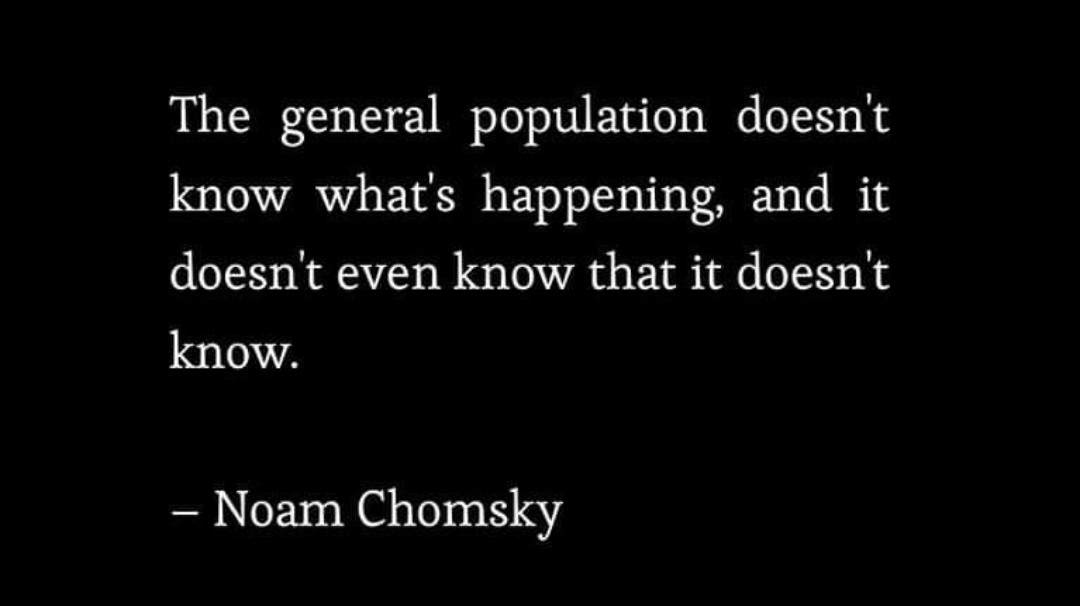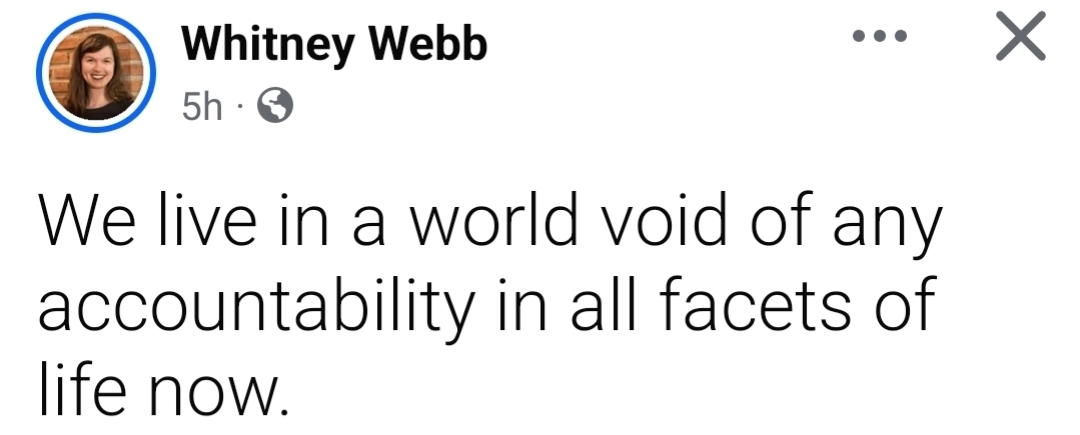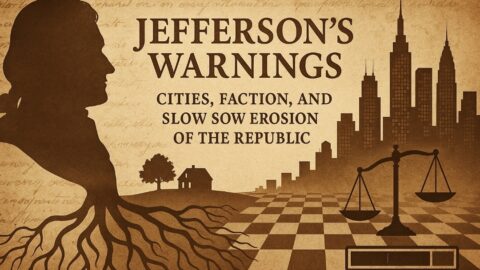A psychological operation, is a strategic effort by a government or military to influence the attitudes, emotions, and behavior of a target audience. Psyops aim to achieve specific objectives by leveraging psychological tactics and communication techniques.
Definition and Purpose
- Definition:
- Psychological Operations (Psyops): These are planned operations that convey selected information and indicators to audiences to influence their emotions, motives, objective reasoning, and ultimately the behavior of governments, organizations, groups, and individuals.
- Purpose:
- Influence and Persuasion: The main goal is to influence and persuade the target audience to adopt specific attitudes or behaviors that align with the objectives of the entity conducting the psyop.
- Undermine Morale and Confidence: Psyops can be used to undermine the morale and confidence of adversaries, making them less effective or willing to resist.
- Promote Compliance: Encouraging compliance or cooperation with the desired outcomes of the psyop, whether in a military, political, or social context.
Methods and Techniques
- Information Dissemination:
- Media Use: Utilizing various media channels, including radio, television, internet, and social media, to spread propaganda or disinformation.
- Leaflets and Pamphlets: Distributing printed materials to convey messages directly to the target audience.
- Psychological Tactics:
- Propaganda: Spreading biased or misleading information to promote a particular political cause or point of view.
- Disinformation: Deliberately providing false information to mislead and confuse the target audience.
- Rumor Spreading: Using rumors to create confusion and distrust among the target population or adversaries.
- Behavioral Influence:
- Cultural Sensitivity: Tailoring messages to align with the cultural and social norms of the target audience to increase effectiveness.
- Emotional Appeals: Leveraging emotions such as fear, pride, or anger to influence behavior and attitudes.
Applications
- Military Operations:
- Combat Support: Psyops are used to weaken the enemy’s will to fight, disrupt their decision-making processes, and create divisions within their ranks.
- Hearts and Minds: Efforts to win the support of local populations in conflict zones by promoting messages of peace, stability, and cooperation.
- Political Campaigns:
- Election Influence: Using psyop techniques to sway public opinion, influence voter behavior, and shape election outcomes.
- Policy Support: Promoting government policies and agendas through strategic communication and influence campaigns.
- Counterterrorism and Counterinsurgency:
- De-radicalization: Campaigns to counter extremist narratives and promote messages that discourage recruitment and support for terrorist organizations.
- Community Engagement: Efforts to build trust and cooperation with local communities to undermine support for insurgent groups.
Ethical and Legal Considerations
- Ethical Issues:
- Manipulation and Deception: The use of deceit and manipulation in psyops raises significant ethical concerns about the means used to achieve ends.
- Impact on Civilians: The effects of psyops on civilian populations, including potential psychological harm, must be considered.
- Legal Constraints:
- International Law: Psyops must comply with international laws and conventions, including those governing the conduct of war and the treatment of non-combatants.
- Domestic Law: Within democratic societies, psyops are subject to legal constraints to prevent abuse and ensure accountability.
Psychological operations are powerful tools used by governments and militaries to influence the behavior and attitudes of target audiences. While they can be effective in achieving strategic objectives, they also raise important ethical and legal considerations.

“This constant lying is not aimed at making, the people believe a lie, but at ensuring that no one believes anything anymore.
A people that can no longer distinguish between truth and lies cannot distinguish between right and wrong. And such a people, deprived of the power to think and judge, is, without knowing and willing it, completely subjected to the rule of lies With such a people, you can do whatever you want.” — Hannah Arendt
Hannah Arendt’s observation about the effects of constant lying is a profound commentary on the nature of truth, deception, and its implications for society and governance.
Analysis of Arendt’s Quote
- Erosion of Trust:
- Undermining Belief: The incessant spread of lies is not just to deceive people about specific facts but to create a pervasive sense of uncertainty where people lose faith in the very possibility of truth.
- Distrust in Institutions: When lies are rampant, trust in institutions such as the government, media, and even personal relationships is eroded, leading to widespread cynicism and disengagement.
- Moral Ambiguity:
- Right vs. Wrong: If people cannot discern what is true, their ability to make moral judgments between right and wrong is compromised. This moral ambiguity can lead to a society where unethical behavior becomes normalized.
- Manipulation: Leaders or regimes that manipulate truth can control and manipulate the populace more easily, as a disoriented and confused public is less likely to resist or challenge authority.
- Intellectual Paralysis:
- Critical Thinking: The power to think critically and make informed judgments is essential for a functioning democractic republic. Constant lying undermines this capacity, leading to intellectual paralysis where people are unsure of what to believe or how to act.
- Dependence on Authority: Without the ability to discern truth, people may become more dependent on authoritative figures to tell them what to think and do, thereby increasing the power of those in control.
- Rule of Lies:
- Totalitarian Control: In a society where lies dominate, those in power can maintain control without needing to convince the populace of a particular ideology. The confusion and disorientation caused by constant lying serve as tools of control.
- Subjugation: People subjected to a constant barrage of lies may become passive and compliant, believing that resistance is futile or not knowing what to resist.
Implications for Society
- Democratic Integrity:
- Free Press and Information: A free and independent press is crucial for exposing lies and ensuring that the public has access to truthful information. Safeguarding journalistic integrity is essential for an educated population.
- Education: Promoting critical thinking and media literacy through education can empower individuals to discern truth from falsehood and make informed decisions.
- Accountability and Transparency:
- Holding Leaders Accountable: Systems of accountability, such as checks and balances, whistleblower protections, and judicial oversight, are vital to prevent the abuse of power and ensure that leaders are held accountable for lying.
- Transparency in Governance: Transparent governance practices help build trust and reduce the opportunities for deception and manipulation.
- Social Cohesion:
- Rebuilding Trust: Efforts to rebuild social trust and cohesion are necessary to heal divisions caused by widespread deceit. This includes fostering open dialogue and reconciliation.
- Community Engagement: Encouraging community engagement and participation in civic activities can strengthen the social fabric and promote collective resilience against manipulation.
Hannah Arendt’s insights on the impact of constant lying highlight the dangers it poses to truth, moral judgment, and the capacity for critical thinking. In a society where lies prevail, the distinction between truth and falsehood, right and wrong, becomes blurred, leading to manipulation and control by those in power.

Addressing these challenges requires a commitment to truth, transparency, accountability, and the promotion of critical thinking and media literacy. By doing so, society can resist the corrosive effects of constant lying and safeguard the principles of democratic republic and individual freedom.







2 Responses
Very good article
Your blog is a constant source of inspiration for me. Your passion for your subject matter is palpable, and it’s clear that you pour your heart and soul into every post. Keep up the incredible work!